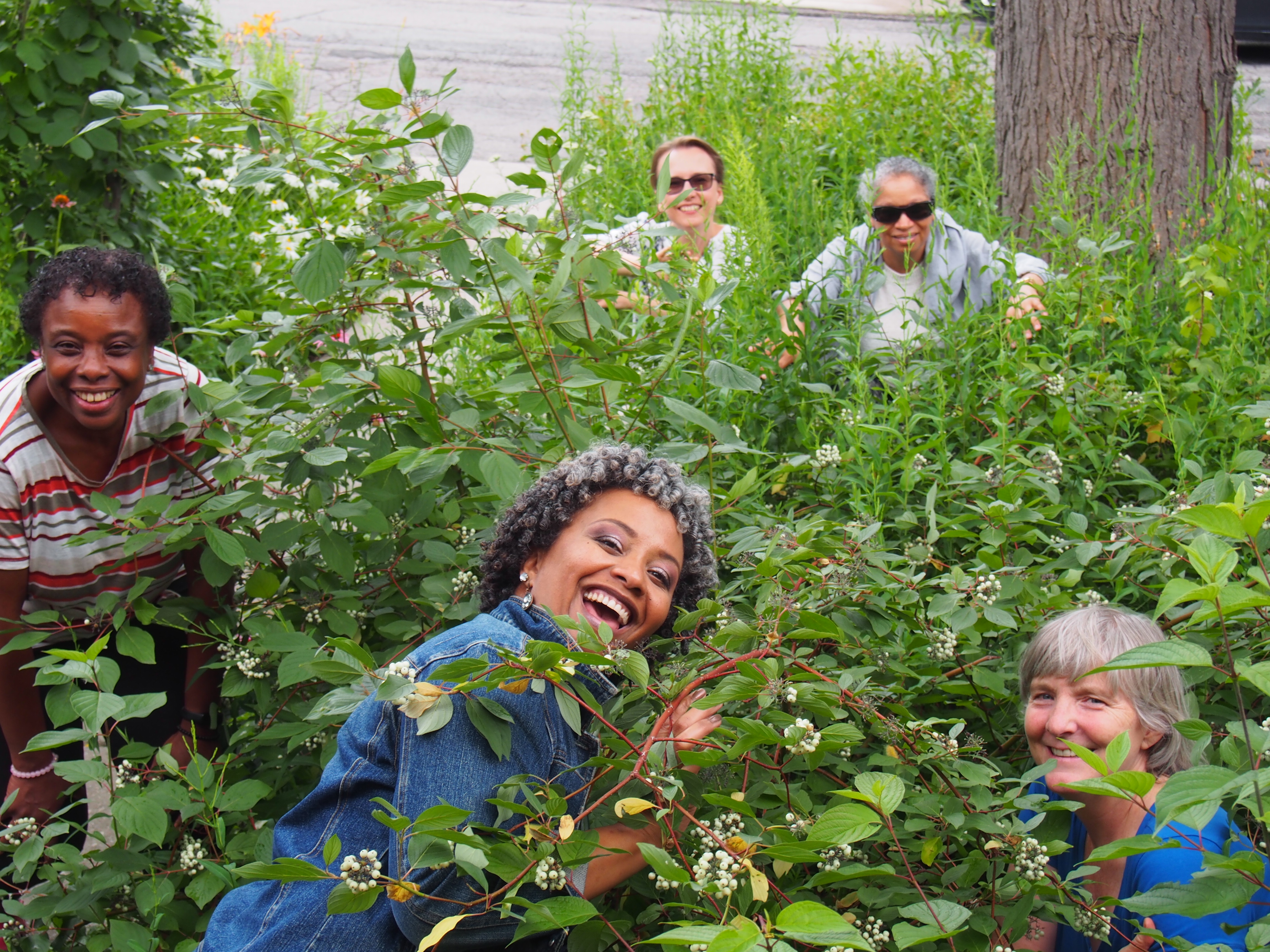
Transform Practice, a not-for-profit consulting group, is a worker co-op that specializes in design, facilitation, reflective practice, evaluative learning, and strategy, working with community, non-profit, philanthropic, government and private sectors. As its name would suggest, however, the members of Transform Practice seek to go beyond merely tinkering with the framework of the organizations they serve. They work instead to facilitate power sharing to co-create new relationships, knowledge, and strategies. By focusing on institutional change, they aim to redefine how an organization’s work is done.
The Co-op’s cofounders initially met over a decade ago, through Toronto’s Lawrence Heights Inter-Organizational Network, which focused on issues such as food security, community safety, programming for seniors and youth, and revitalization within a large social housing neighbourhood. When changes started happening to the Network’s mandate, the work became less satisfying and many Network members pulled back or left. In the years following, cofounders of Transform Practice managed to stay connected through time-limited projects aligned with their passions and values.
In a fortunate turn of events, an opportunity to create a co-op that would extend and deepen their collaborations came along in the form of CWCF’s 2021 Worker Co-op Academy. In addition to providing insight into the business and administrative aspects of running a worker co-op, the Academy gave the group space to gel as a team and flesh out their philosophy.
“That was really excellent timing for us because it gave us a space to learn together,” says cofounder Gillian Kranias. “We came up with our vision, mission and values. It was very inspiring. It helped us start articulating who we are and what we do. So that was where the Academy was really helpful.”
Coming from the nonprofit sector, the group’s members had become frustrated with the increasingly corporate approach adopted by many of the organizations they’d worked with. This increased the appeal of the worker co-op model, where the board and workers would be more integrated.
“The co-op model means that those people who are doing the work day-to-day are determining who’s going to be on the board,” says Kranias. “Making those higher-level decisions that impact our work. And so It just made sense.”
To date, the Co-op’s work has included accompanying an inter-professional early years team to transform their approaches to program design and evaluation, facilitating ‘evaluative learning’ within a national harm-reduction community of practice through reflection sessions with distinct subgroups and full advisory dialogues, and providing subject matter expertise to municipal staff leading the City of Toronto’s Public Engagement Review. Taking a collaborative approach as opposed to a top-down one has been a constant of the Co-op’s work. Cofounder Denise Bishop-Earle says the opportunities for learning and growth in the process have benefited both Transform Practice’s members and the organizations they’ve worked with. And even as the Co-op seeks to grow its client base in the near future, this ethos will continue.
In their consulting, the Transform Practice team uses strategies, skills and tools that disrupt and shift away from colonial ways of working. “With most of the organizations we work with, there has been transformation,” says Bishop-Earle. And she notes that sometimes it can be very challenging. “It was like walking in their shoes, and at the same time they walked in our shoes. So, the transformation was a give-and-take all the way through.”
“Seek authentic relationships,” she says, “…that’s where the movement happens and that’s where change happens.”